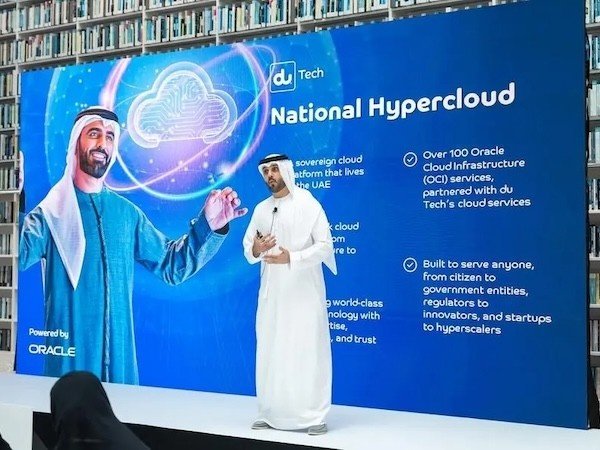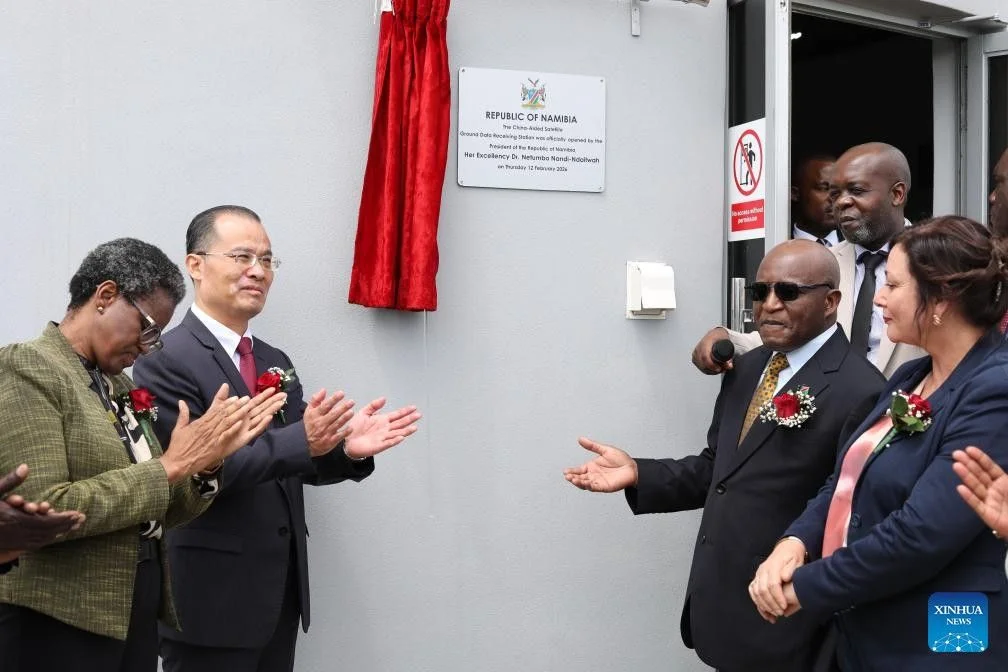Qatar and the United Arab Emirates (UAE) have introduced new sovereign cloud services this week, providing local alternatives to global cloud providers. Ooredoo Qatar and du UAE separately launched advanced AI cloud platforms hosted in their respective national data centers, aiming to accelerate AI adoption across key industries while ensuring compliance with national data policies.
On Tuesday, Ooredoo unveiled its sovereign AI cloud service built on Nvidia’s latest Hopper GPUs. As an Nvidia Cloud Partner, Ooredoo offers customers access to Nvidia’s GPU technology and the comprehensive Nvidia AI Enterprise software suite. This enables local teams to develop AI-powered applications—ranging from chatbots and supply chain optimization to real-time financial analysis—within a secure, low-latency environment.
Sheikh Ali Bin Jabor Al-Thani, CEO of Ooredoo Qatar, emphasized that the platform delivers high-performance computing infrastructure locally, reducing reliance on international providers. The service targets key sectors including energy, finance, logistics, healthcare, and smart city projects, enabling faster access to computing power and secure handling of large datasets under national regulations.
Simultaneously, du in the UAE launched its sovereign cloud platform, “du Tech National Hypercloud,” in partnership with Oracle. Operating on Oracle’s Alloy cloud infrastructure within du’s data centers in Dubai and the Northern Emirates, the platform provides over 150 Oracle Cloud Infrastructure (OCI) services, encompassing infrastructure, platform, applications, and embedded AI capabilities.
Jasim AlAwadi, du’s chief ICT officer, highlighted that the hypercloud supports rapid innovation within a sovereign AI environment, addressing the needs of UAE governments and large organizations that require public cloud agility combined with data sovereignty and tailored security.
Miguel Vega, senior VP at Oracle for the Middle East, Turkey, and Africa, noted that the National Hypercloud meets sovereign requirements and local regulatory compliance, enabling governments to innovate at scale while maintaining data sovereignty.
Both launches mark significant steps towards enabling regional AI innovation while ensuring data privacy, sovereignty, and compliance through locally hosted, high-performance cloud infrastructure.















